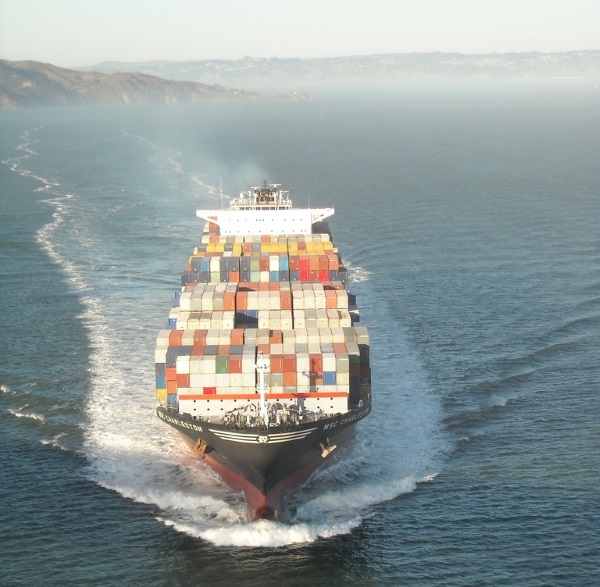Shipping’s Supply Chain Resilience a Crucial Factor Against Further Disrupting Factors
 Global shipping’s resilience against a flurry of disruptive factors, can prove crucial for the state of the global economy moving forward. In its latest weekly report, shipbroker Intermodal said that “the recent collapse of the Francis Scott Key Bridge in Baltimore has caused immediate logistical turmoil in the region, sparking widespread concern across the logistics and freight sectors. The Port of Baltimore, serving as a critical junction in the network of global trade, ranks as the 11th-largest port in the U.S. Known for its versatility, the port handles a vast array of commodities, from automobiles and heavy machinery to bulk commodities like coal and grain, alongside a significant volume of containerized cargo. Annually, it oversees the movement of more than 30 million tons of cargo, both from international waters and domestic shores. In 2023, the port marked a record by importing cargo valued at $55.2 billion and exporting goods worth $80 billion, as noted by Governor Wes Moore. Its strategic position is further bolstered by its capacity to accommodate the largest class of container ships, attributed to its deep channels and sophisticated infrastructure”.
Global shipping’s resilience against a flurry of disruptive factors, can prove crucial for the state of the global economy moving forward. In its latest weekly report, shipbroker Intermodal said that “the recent collapse of the Francis Scott Key Bridge in Baltimore has caused immediate logistical turmoil in the region, sparking widespread concern across the logistics and freight sectors. The Port of Baltimore, serving as a critical junction in the network of global trade, ranks as the 11th-largest port in the U.S. Known for its versatility, the port handles a vast array of commodities, from automobiles and heavy machinery to bulk commodities like coal and grain, alongside a significant volume of containerized cargo. Annually, it oversees the movement of more than 30 million tons of cargo, both from international waters and domestic shores. In 2023, the port marked a record by importing cargo valued at $55.2 billion and exporting goods worth $80 billion, as noted by Governor Wes Moore. Its strategic position is further bolstered by its capacity to accommodate the largest class of container ships, attributed to its deep channels and sophisticated infrastructure”.

According to Intermodal’s Research Analyst, Ms. Chara Georgousi, “this crucial infrastructure’s unexpected closure has exacerbated concerns within the shipping industry, with MSC projecting the port’s inaccessibility to span weeks if not months. Such a shift occurs amidst an already volatile landscape for shipping, punctuated by rate fluctuations driven by geopolitical dynamics and route alterations”.

“The timing coincides with ocean freight’s slow season. Despite the significant disruption, the incident has surprisingly not yet impacted global shipping rates, with container shipping costs from Asia to the US continuing their downward trend. Yet, the immediate need to redirect logistics strategies has led to the rerouting of vessels to alternative East Coast ports such as New York, Virginia, and Philadelphia. Although the Port of Baltimore handles a smaller volume compared to these alternatives, the diversions might still cause congestion and slight delays. These adjustments may marginally increase shipping durations and costs without precipitating a severe supply chain crisis. Nonetheless, potential congestion and prolonged wait times could exert upward pressure on freight rates between Asia and the U.S. East Coast and between Europe and the U.S.”, Ms. Georgousi said.

“The Baltimore Bridge collapse serves as a critical reminder of the essential need for resilient infrastructure and the imperative of strategic planning to uphold global supply chain resilience. The coming months will undoubtedly be crucial in assessing the long-term effects of this disruption, both on regional logistics and the broader global shipping market”, Intermodal’s analyst concluded.
Nikos Roussanoglou, Hellenic Shipping News Worldwide

 Hellenic Shipping News Worldwide Hellenic Shipping News Worldwide, Online Daily Newspaper on Hellenic and International Shipping
Hellenic Shipping News Worldwide Hellenic Shipping News Worldwide, Online Daily Newspaper on Hellenic and International Shipping























 PG-Software
PG-Software